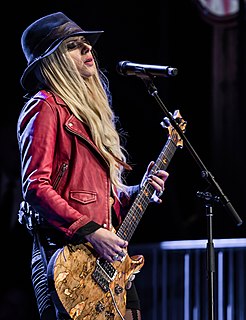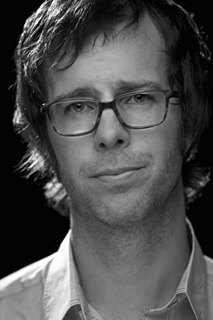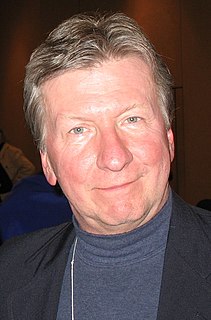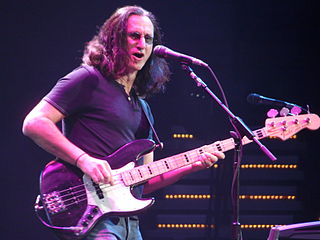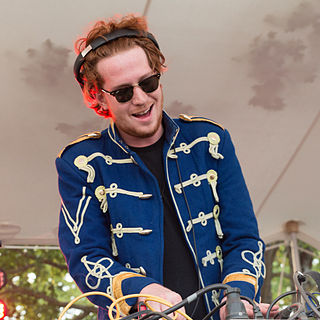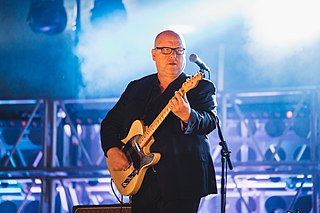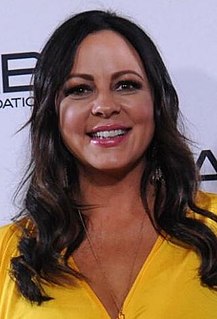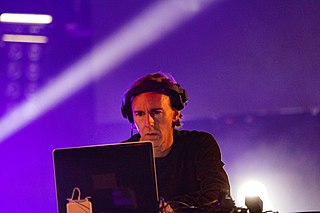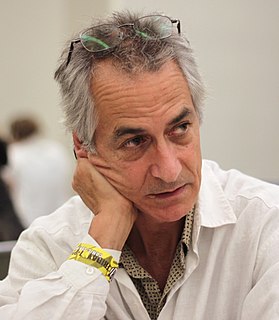A Quote by Michelle Zauner
When I write a song, that process is sort of entwined with a lyric or a chord progression that suits the vibe, and that'll work off each other.
Related Quotes
Not to say that the process assumes anything of "greater" or "lesser" importance, though: it's just more graphic information. Take the surrealists, for example, or a work by Cage. For me, there's a great value in doing this with literature. There's a certain form of dependence; process and product inform each other, depend on each other. I consider myself a writer who doesn't write with a style, almost. I begin with tension, with a vibe, a character.
I like to separate the music- and lyric-writing processes if I can. I'll sort of noodle around on my keyboard and my computer until I have a beat or a chord progression, I'll record it as a loop, export it to iTunes, then walk around with the loop and sort of talk to myself in the loop, and that's how I get the lyrics.
Whenever I work on the computer, I have folders and you know how you always give everything working titles, if you have a riff or a motif or a chord progression or a lyric written on a page, it's just a line or a word or something so I always give everything a working title when I'm making a folder.


